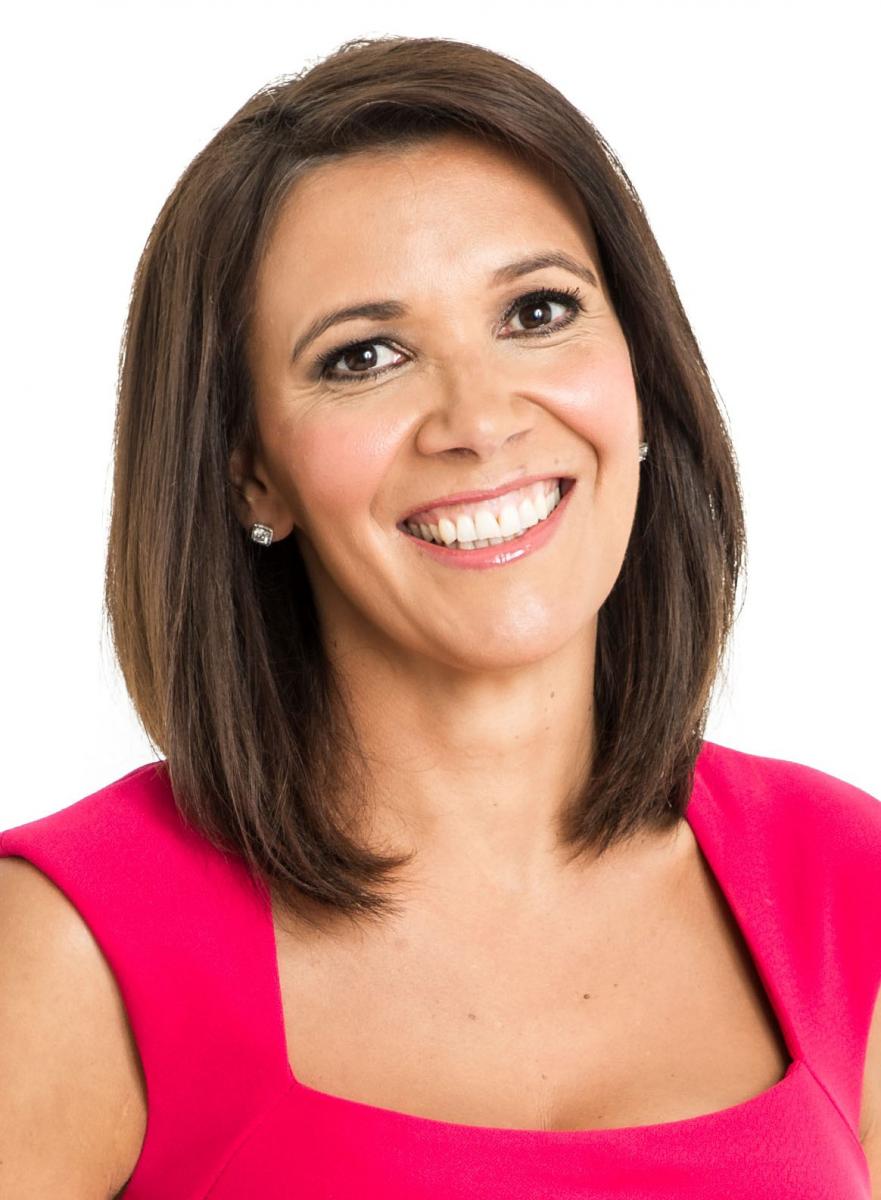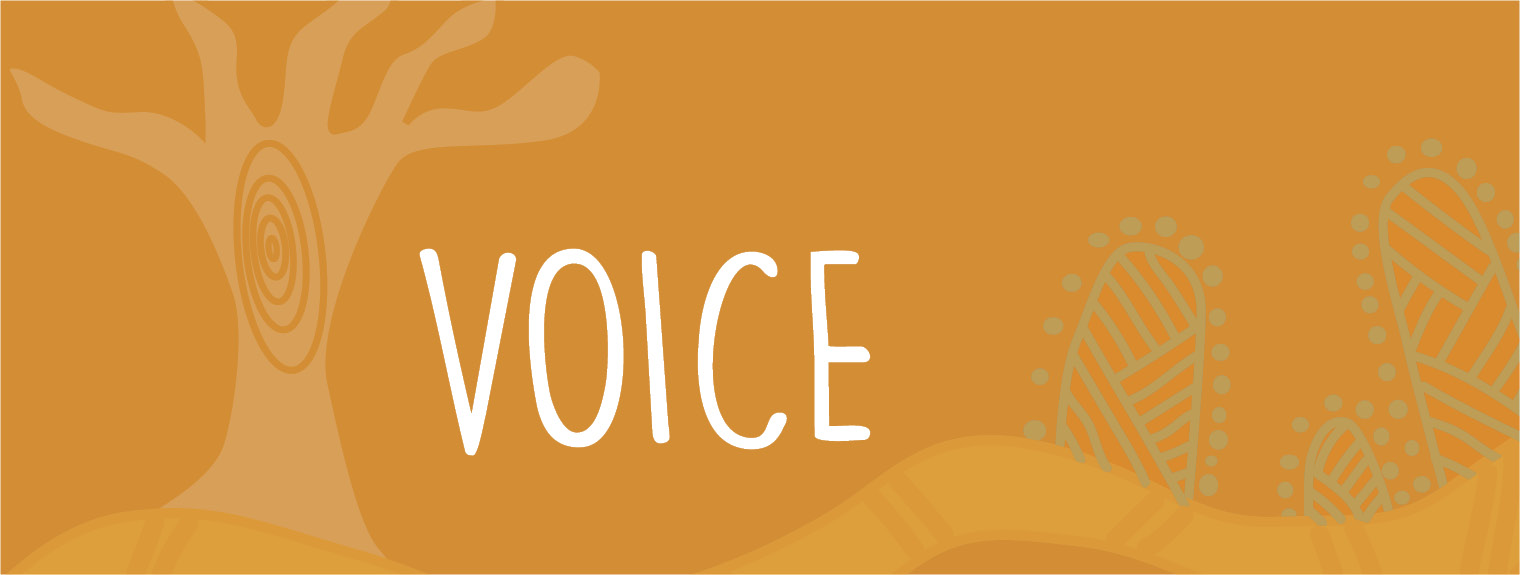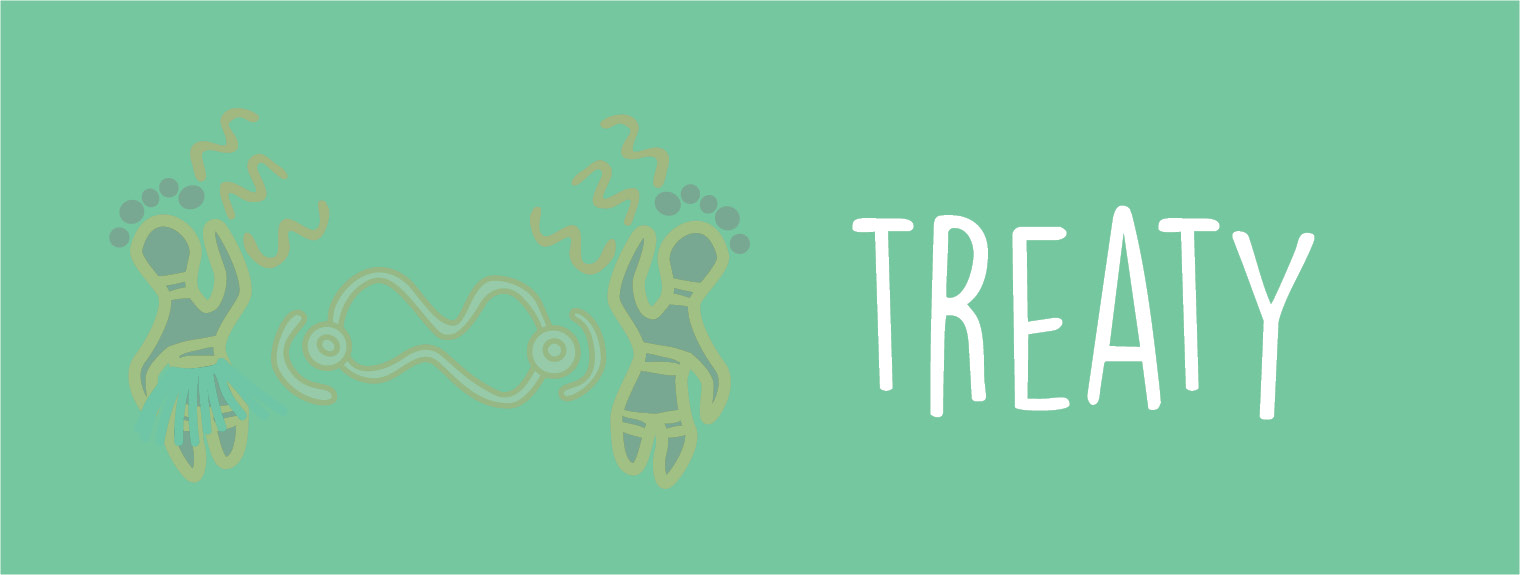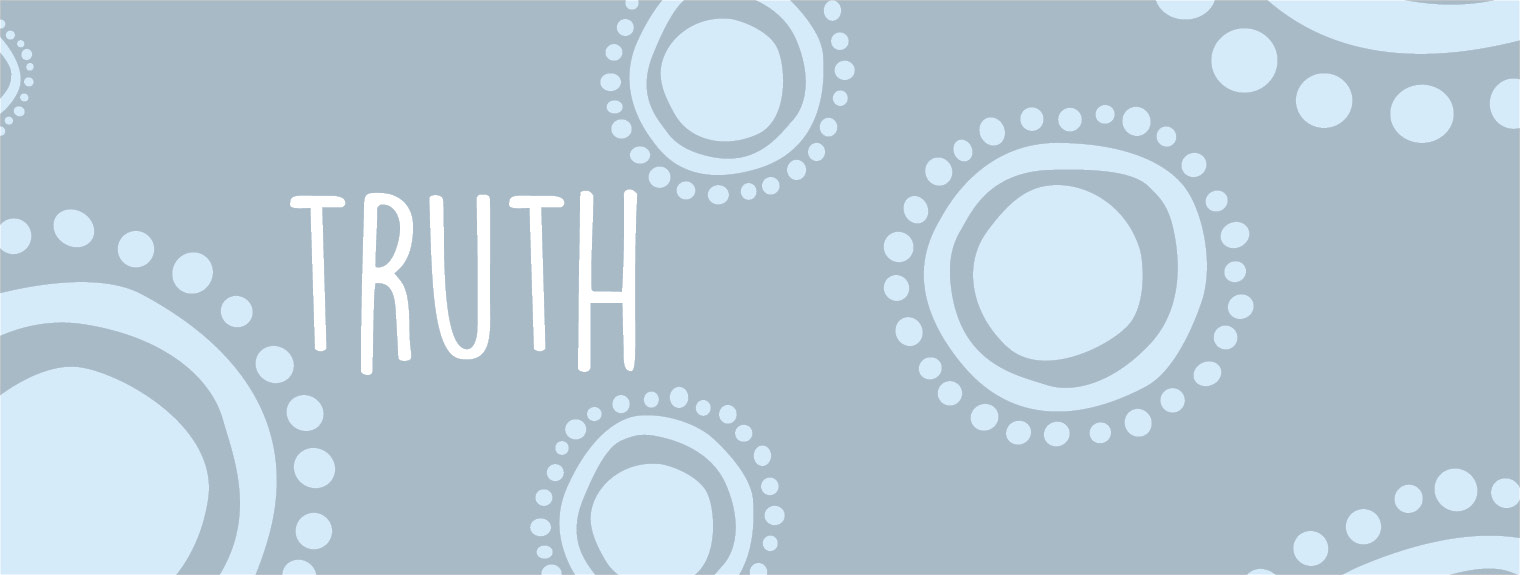Shelley Ware is a proud Yankunytjatjara and Wirangu woman from Adelaide, South Australia, who currently lives in Melbourne.

For the past decade or so, Shelley has worked in the media as a radio and television presenter on both local and national AFL and AFLW football news shows. During that time, she has been a panel member of NITV’s 'Marngrook Footy Show' and recently a special guest on the AFL.com webshow 'The Colour Of Your Jumper'. She is a member of the Carlton Football Club Reconciliation Action Plan Committee and the AFLW All Australian and Rising Star Selection Committee. Shelley has become one of the most respected and recognised presenters of AFL and AFLW football in the country.
Shelley also works at Parade College as an Aboriginal and Torres Strait Islander Education Officer.
Deadly Story welcomes Shelley as she shares her thoughts on 2019's NAIDOC theme of 'Voice, Treaty, Truth'.


What does it mean for the Aboriginal Community to have a voice in our modern society?
To me ‘Voice’ is so important because it is a time for Aboriginal and Torres Strait Islander peoples' voice to be heard. We have so much knowledge and wisdom and culture and beauty to share with people. For a long time people have been reluctant to listen to us and share with all that we’ve wanted to say. Because of this, it is important people really hear and understand what we have to say.
It is a time for Aboriginal and Torres Strait Islander peoples' voice to be heard
What are your ideas for how the Aboriginal voice in this country can be given a greater platform?
Well I’m a primary school teacher, so education is something that is really important to me, so I believe education can play a massive role in that. We have a huge portion of the population that don’t understand the culture and the history of their own country that they live in and I think this causes a lot of problems for Aboriginal and Torres Strait Islander people.
Education in the media can also play a massive role and education of the younger generation so they develop a deeper understanding of Aboriginal and Torres Strait Islander culture and history. I do feel that the shift in the next generation is going to make a massive difference. There’s still a huge generational gap. When I went to school, I watched one video on Aboriginal people and that was it. There was no pre or post talk, it was a traumatic video and for many years this video was very damaging. I grew up experiencing a beautiful side of being Aboriginal with my father and mother, so when I saw this video, I was quite shocked from what I could see.
I grew up experiencing a beautiful side of being Aboriginal with my father and mother
In my generation, we never had that education so I feel that’s really important that we take care of that and it's important the role the mainstream media has in this too. We need to see Aboriginal and Torres Strait Islander people on our television screens everyday, just being themselves, sharing their stories, becoming a part of everybody’s DNA and the way that we are in our society.


What does treaty mean to you?
I see it as an agreement that helps everybody respect and guide each other into a more inclusive and shared future. It's moving forward so that people are working together for sharing our culture and history and people are embracing it. It’s a guide and agreement that says "this is a promise for what we’re going to do and how Australia is going to look with Aboriginal and Torres Strait Islander people having a voice and truth being heard." It's our way forward.
An agreement that helps everybody respect and guide each other into a more inclusive and shared future
What aspects do you think should be included in the conversation about treaty?
I always think about New Zealand when I think about ‘Treaty’. I’ve been to New Zealand five or six times as an adult and every time I go there, I’m blown away by Māori culture, living there, always within the community and that presence within their society. It saddens me to think that we don't have that when we should as a country. I would like a treaty that impacts education; that language is taught in school and we have a voice around our major decision-making tables and our presence in society in general isn’t tucked away or hidden. I look at how New Zealand people share this pride and love for Māori culture and that is what I want for us, that our people are the people of Australia.
(I would like that) our presence in society in general isn’t tucked away or hidden


What is a fact or truth about Aboriginal history and current experience that you think should be widely known?
We can’t move towards a shared future if we don’t know the truth about our past. This includes knowing the truth about the governmental policies that have affected Aboriginal and Torres Strait Islander people which can be very confronting and dark and understanding how these polices impact the lives of Aboriginal and Torres Strait Islander people today.
We can’t move towards a shared future if we don’t know the truth about our past
We need a conversation about the statistics and the way that Aboriginal people live today. This includes: our life expectancy, job rates, high school attendance, suicide rates – these are all part of the intergenerational issues that we’ve had from past government policies. A lot of people simply tell us to ‘just get over it!’ but what they don’t see is that the past really effects the future. What I say to people all the time is: if you were at school and you lost your friends or family, that changes the way you became friends with the next person, you become a bit more reserved because when someone passes away in your life, it affects the way you love the next time around because you’re protecting yourself.
So as a human, the things that affect us in our every day life, make us a different person by the time we’re ten/twenty/thirty/forty/fifty years of age so of course it's intergenerational and has had a massive impact in the way Aboriginal people are. I think that people need to understand that so much more than they currently do and how it impacts us in today’s society.
A lot of people simply tell us to ‘just get over it!’ but what they don’t see is that the past really effects the future
What do you think needs to be done to make these truths known?
It all comes down to education and self-education. My generation need to self-educate and unless you’re going to go to University and study Aboriginal history and culture, then you’ve got to do it yourself and you’ve got to be honest and say "I don’t understand; I don’t have a deep enough empathy or compassion." So I think self-education needs to be a part of that. It all comes down to Aboriginal and Torres Strait Islander people and all people across our community being open and honest, coming together, talking with each other and sharing their stories - again this is something the media can help with. I had a man come up to me the other day and said that "Someone told me not to say Aborigines" but I didn’t attack him and we just sat down and had a really great conversation. We want people to come and talk to us, we want to share our stories and have these really calm, peaceful conversations. Having the opportunity to share our lives can make all the difference.
It all comes down to Aboriginal and Torres Strait Islander people and all people across our community being open and honest, coming together, talking with each other and sharing their stories
